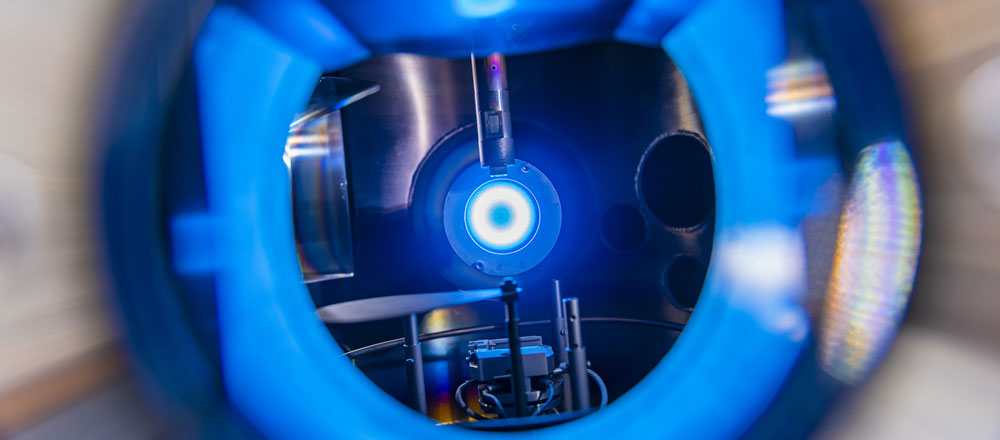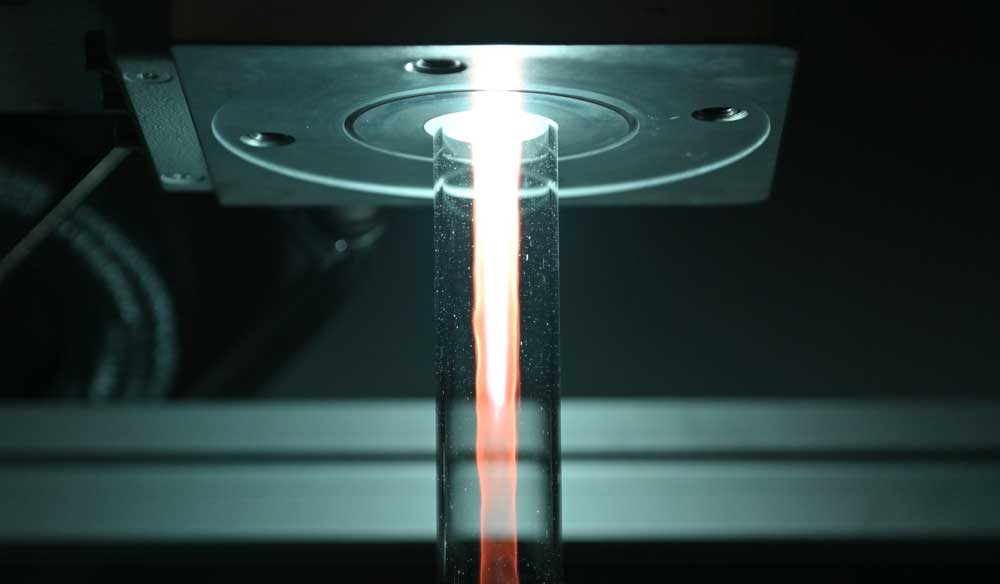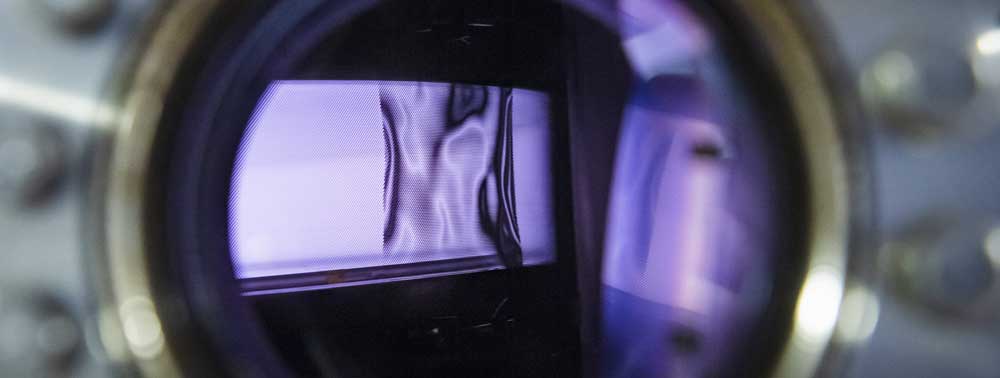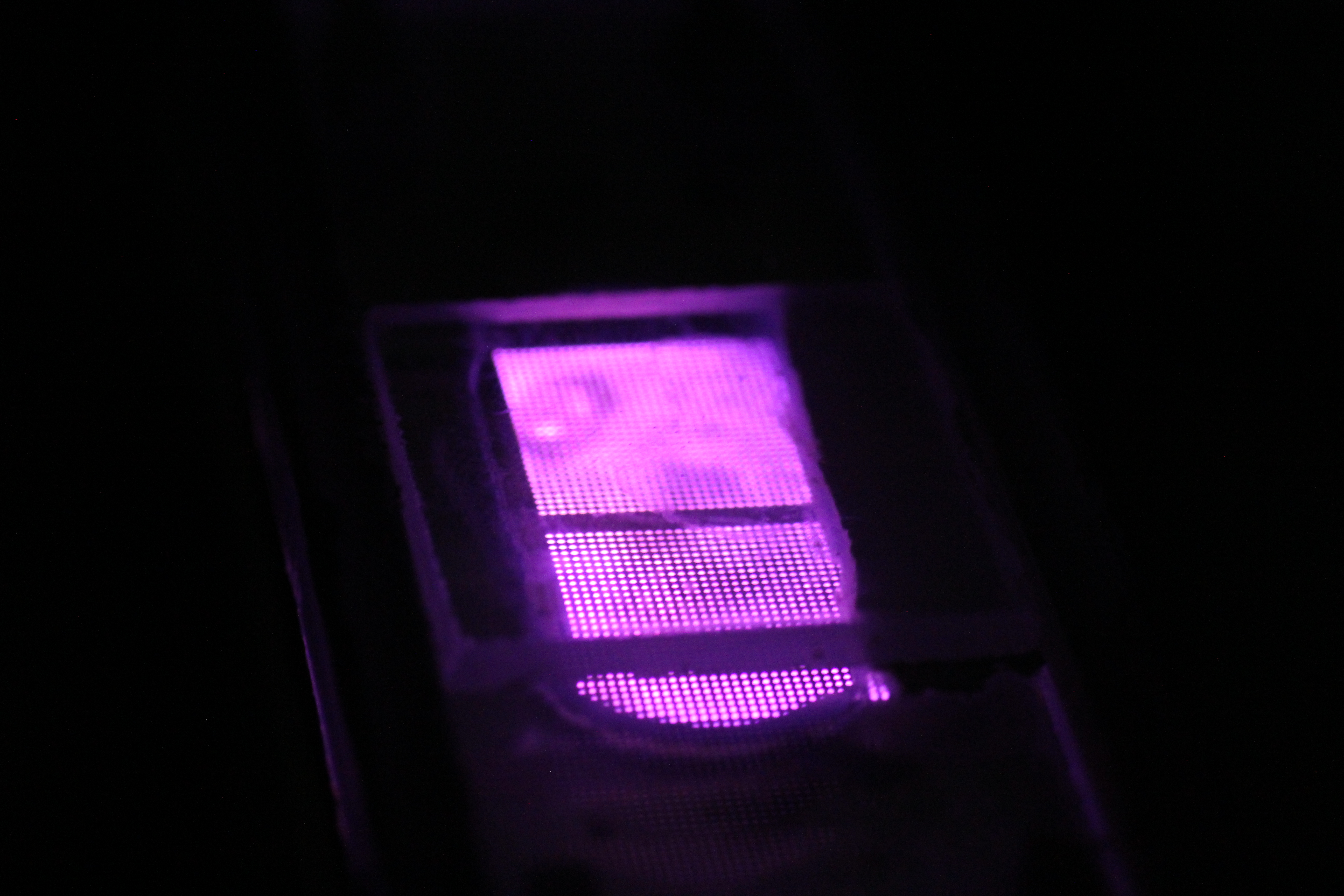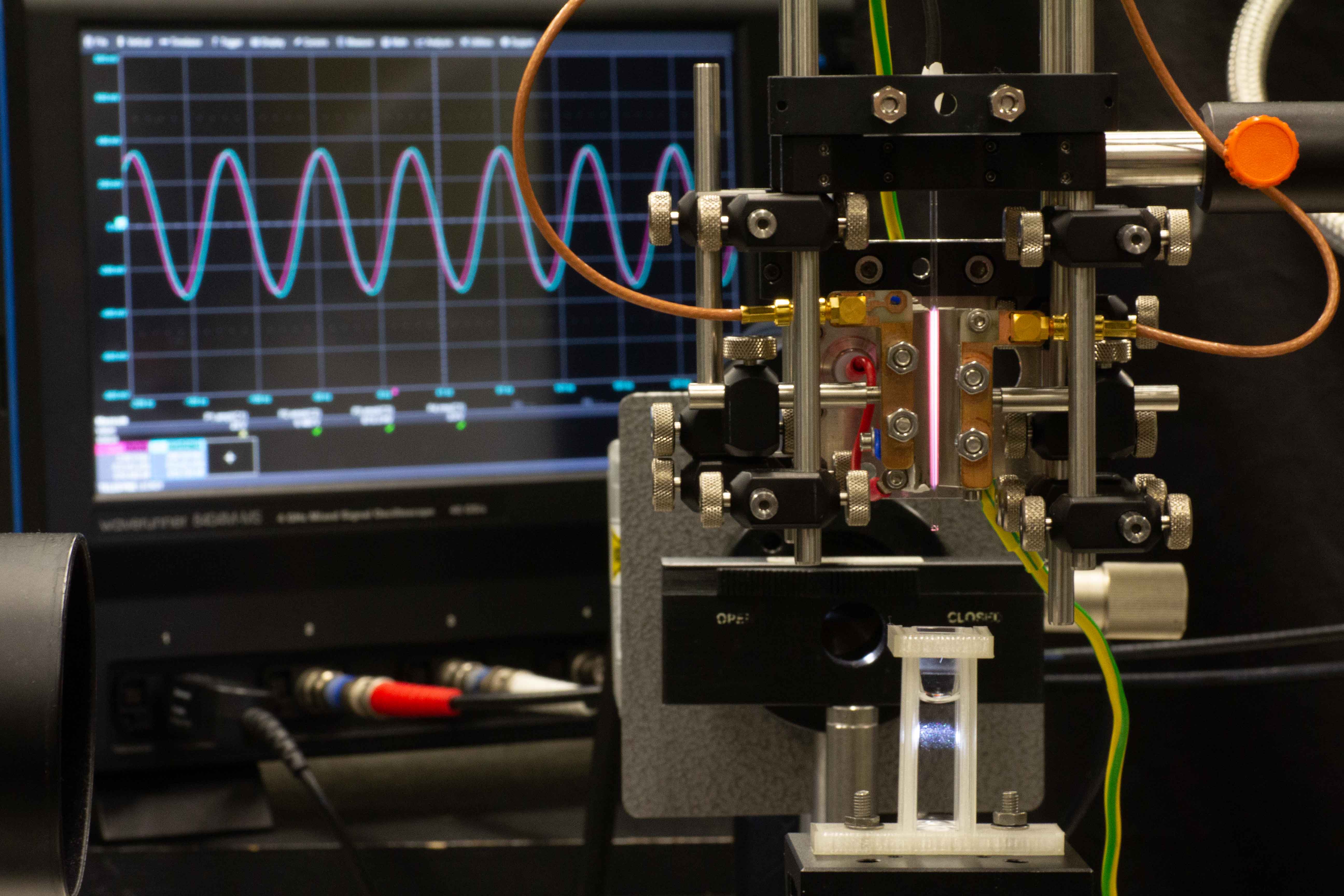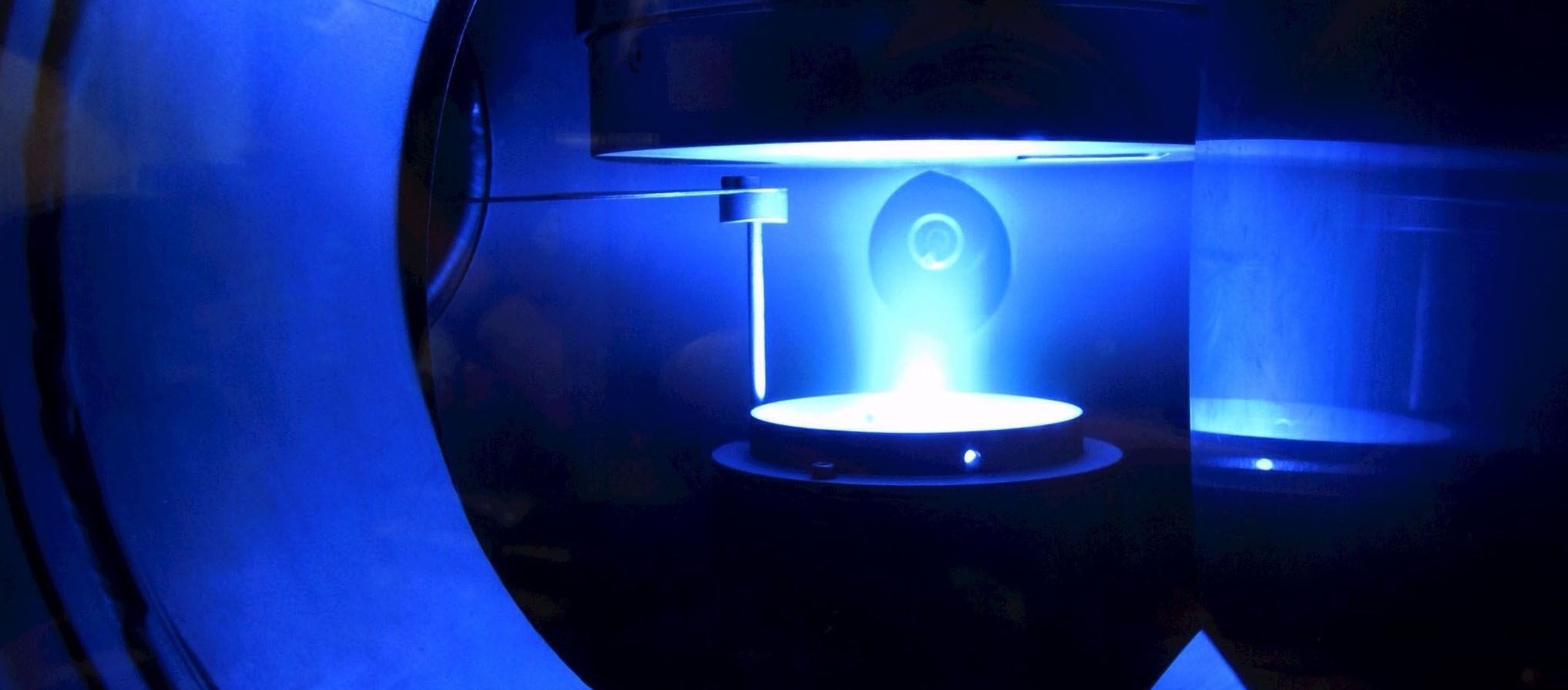PLASMA SCIENCE HUB (PSH) –
RESEARCH DATA MANAGEMENT POLICY
Research data are a central output of scientific disciplines. They promote the increase of the scientific knowledge base and are the basis for future research projects. The documentation of research data should follow subject-specific standards. The long-term archiving of research data is important for the quality assurance of any scientific work, but is also a fundamental prerequisite to allow the reusability of research results.
This research data policy expresses the commitment of the researchers within the Plasma Science Hub and follows the guidelines of the research data policies of the German Science Foundation and of the research data policy of the Ruhr-Universität Bochum.
Research data management policy of the PSH
- The research data should be archived and/or published in the long term in a suitable trustworthy data archive or repository. They are part of the scientific output of the researchers.
- The research department promotes and supports free access to research data. It recommends making research data as well as scientific publications publicly accessible as early as possible in accordance with the RUB Open Access Resolution. In the event of a transfer of subsequent use or publication rights, care is taken to ensure that the data remains freely available for scientific purposes. However, researchers are not obliged to make research data available to persons outside the project team prior to processing, evaluation and publication, subject to disclosure to commissions. Contractual agreements also remain unaffected.
- The project leaders and independent researchers are responsible for the research data management of their research projects. In particular, they are obliged to ensure compliance with good scientific practice and professional standards. All persons working on a research project are responsible for the correctness of the data they collect and for compliance with the regulations they have established. Research data management is to be seen as an integral part of the research project. The researchers are responsible for the research data management of their research projects.
- The research department is adapted to the basic research data infrastructure of the Ruhr-Universität Bochum and, thus, ensures appropriate storage and technical availability of digital research data. Digital research data will be stored and archived in the RUB's IT and information infrastructure or in recognized external or internal specialist repositories. Research data can be published in the repository of the Plasma Science Hub: PSHdat.rub.de. Every project leader is granted access to this platform and is supported by the PSH staff to publish his or her research data.
- The members of the research department observe ethical, data protection and copyright or secrecy-worthy interests in research data management. This does not affect the examination of research data in terms of the German Employee Invention Act. When transferring rights of subsequent use or publication, care should be taken to ensure that the data remains freely available for scientific purposes. The protection of personal data, copyright and the legitimate interests of third parties shall remain unaffected.
DFG Guidelines (Information for Science No. 66 | 6 October 2015)
- project planning and application
Already in the planning stage of a project, consideration should be given to whether and which of the research data resulting from a project may be relevant for other research contexts and in what way this research data can be made available to other researchers for subsequent use. In a proposal, applicants should therefore specify which research data will be created, generated or evaluated in the course of a scientific research project. The application should be based on appropriate concepts and considerations for quality assurance, handling and long-term preservation of the research data. The relevant explanatory notes must contain information on data types, discipline-specific standards, if any, and on the selection of suitable repositories, provided that these are available for a specific subject area or specific data types. In addition, information on any third-party rights that may be affected and initial plans for the time frame of data publication are requested. - provision
Insofar as the publication of research data from a DFG-funded project does not conflict with the rights of third parties (especially data protection, copyright), research data should be made available as soon as possible. The research data should be accessible at a processing stage (raw data or already further structured data) that allows meaningful subsequent and further use by third parties. In order to ensure this, care should be taken to ensure that access to research data is maintained even if, in connection with a publication, exploitation rights to the research data have to be transferred to a third party, usually a publisher. - long-term security
In accordance with the rules of good scientific practice, research data should be archived for at least 10 years in the own institution or in a professionally relevant, supra-regional infrastructure.
